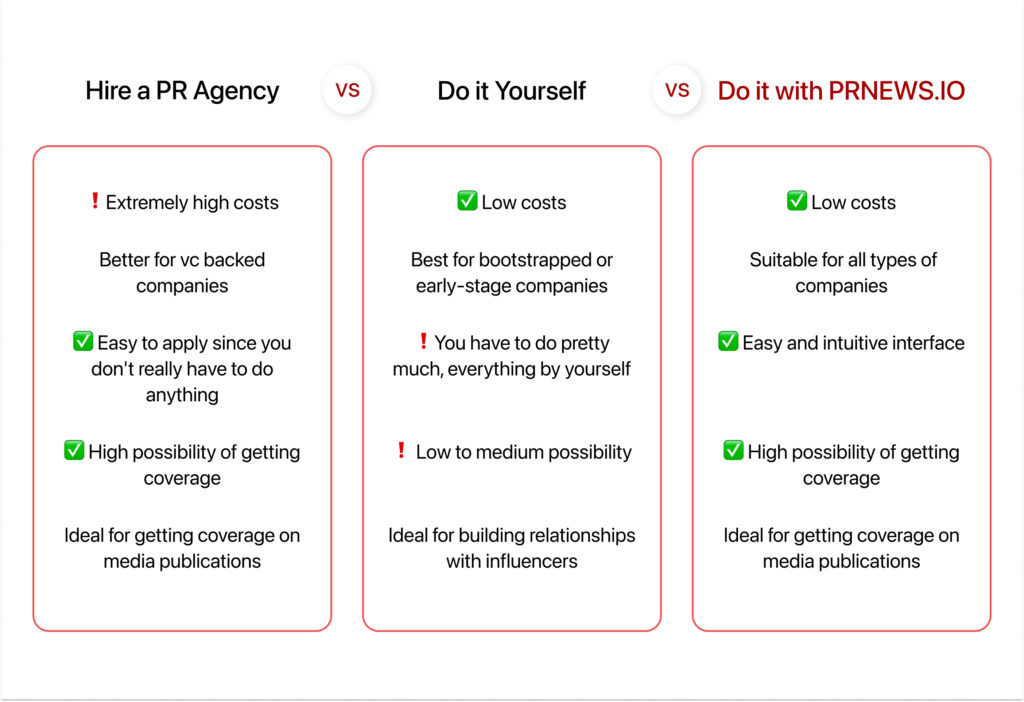In the dynamic world of business, understanding the nuances between different organizational structures is essential. One common point of confusion arises when differentiating between agencies and companies. While both entities operate within the commercial sphere, their core functions, operational models, and client relationships exhibit distinct characteristics.
This article aims to shed light on the key differences between agency and company, providing a comprehensive overview of their respective roles, services, and operational structures. By exploring these distinctions, you’ll gain valuable insights into choosing the right partner for your specific business needs.
Agency vs Company Definition
An agency is a specialized business entity that provides specific services to clients on a project basis. These services often revolve around areas like marketing, advertising, public relations, creative design, or talent management. Agencies typically operate as independent entities, focusing their expertise and resources on delivering high-quality results for their clients.
Conversely, a company encompasses a broader range of activities and operations. It can manufacture products, offer diverse services, engage in research and development, or participate in various commercial ventures with the primary objective of generating profit. Companies often have a more extensive organizational structure, encompassing departments like production, distribution, customer service, and finance.
Agency Services

Agencies specialize in providing tailored solutions to meet specific client needs. Their service offerings are diverse and can include:
- Marketing: Developing and executing marketing campaigns across various channels, including digital, social media, email, and traditional advertising.
- Advertising: Creating compelling ad copy, designing visually engaging advertisements, and managing advertising placements across different platforms.
- Public Relations: Building and maintaining a positive public image for clients through press releases, media outreach, crisis communication, and event management.
- Creative Design: Providing graphic design services for branding, marketing materials, websites, and other visual assets.
- Talent Management: Sourcing, recruiting, and managing talent for clients in various industries, including actors, models, musicians, and speakers.
Project-Based Approach
Agencies typically operate on a project basis, meaning they undertake specific assignments with defined scopes and deliverables. This allows clients to access specialized expertise without the long-term commitment of hiring full-time employees.
Company Operations
Companies engage in a wider range of activities compared to agencies. Their operations often involve:
- Product Development: Researching, designing, manufacturing, and distributing products that meet market demands.
- Service Provision: Offering a variety of services directly to consumers or businesses, such as healthcare, education, financial services, or technology solutions.
- Research and Development: Investing in innovation and exploring new technologies to enhance existing products or develop novel offerings.
- Sales and Distribution: Establishing networks for selling and distributing products or services to target markets.
- Customer Service: Providing support and assistance to customers throughout their interactions with the company.
Comprehensive Structure
Companies typically have a more complex organizational structure with various departments working collaboratively to achieve business objectives. This includes finance, human resources, operations, marketing, and sales teams.
Key Differences

The key distinctions between agencies and companies lie in their:
- Focus: Agencies specialize in providing specific services, while companies engage in broader commercial activities.
- Structure: Agencies tend to be leaner and more project-oriented, while companies have a more comprehensive organizational structure.
- Client Relationships: Agencies typically work with clients on a project basis, while companies often cultivate long-term relationships with customers.
- Revenue Model: Agencies generate revenue through service fees, while companies primarily earn profits from selling products or services.
Choosing Between an Agency and a Company
The decision to engage with an agency or a company depends on your specific business needs:
- Specialized Expertise: If you require specialized skills in areas like marketing, advertising, or public relations, an agency is the ideal choice.
- Project-Based Work: For short-term projects with defined scopes and deliverables, agencies offer flexibility and cost-effectiveness.
- Comprehensive Solutions: If you need a wider range of services, including product development, distribution, or customer support, a company might be a better fit.
- Long-Term Partnerships: Companies often foster long-term relationships with clients, providing ongoing support and solutions.
Conclusion
Understanding the distinctions between agencies and companies is crucial for making informed business decisions. Agencies excel in providing specialized services on a project basis, while companies offer comprehensive solutions across various commercial activities. By carefully evaluating your needs and objectives, you can choose the right partner to help your business thrive.



